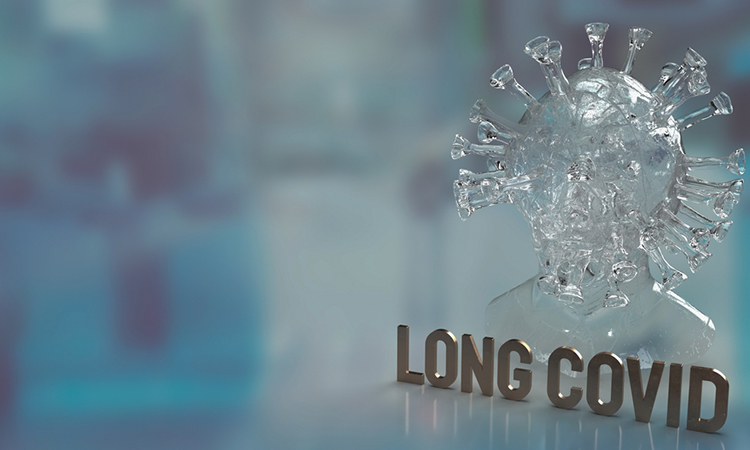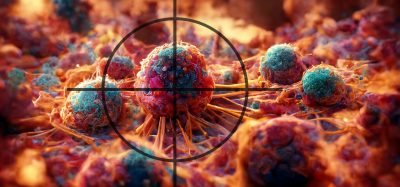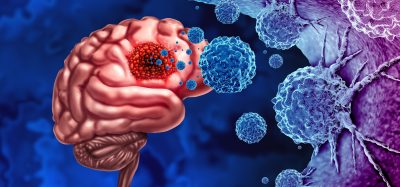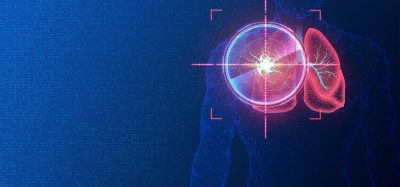Could long Covid be solved by autoantibodies?
Posted: 7 March 2023 | Izzy Wood (Drug Target Review) | No comments yet
Swiss researchers have found a new class of ‘good autoantibodies’, which are associated with a favourable course and lower risk of long-Covid.


Researchers from Istituto Di Ricerca In Biomedicina (IRB), Switzerland, discovered autoantibodies in Covid patients. “Previously it had been observed that autoantibodies are common in severe Covid patients, those who end up in intensive care,” said Jonathan Muri, postdoctoral fellow at the Institute for Research in Biomedicine (IRB, affiliated with the Università della Svizzera italiana). “Instead, in this case we discovered the opposite.”
As seem in Nature Immunology, the autoantibodies in question neutralise chemokines, molecules that direct immune cell trafficking. “Chemokines are a bit like traffic lights: they tell our immune cells when and where to go in the case of an infection so that they can fight it” added coauthor Valentina Cecchinato, also at the IRB.
“In the presence of the autoantibodies, the traffic lights are blocked and the influx of the cells that make inflammation chronic decreases.” In short, it helps to turn off the inflammatory response.
The team also analysed blood from patients recovering after Covid-19 from two other hospitals, with the same result.
But how does blocking the immune response help in Covid?
“The immune system in some cases is a double-edged sword,” explained Mariagrazia Uguccioni, another co-director of the study, “it is important to activate it promptly to neutralise the coronavirus, but it must also be turned off at the right time, otherwise it can do damage.”
In fact, what usually brings patients to the hospital is excessive inflammation induced by the infection. Autoantibodies against chemokines could have a beneficial anti-inflammatory effect.
Davide Robbiani, co-director of the study and director of the IRB, concluded that “for now we can say that the presence of these ‘good autoantibodies’ is associated with a milder course and a lower risk that symptoms will continue for a long time,” as observed in many patients who unfortunately still suffer for weeks or even months after Covid-19.
Related topics
Antibodies, Antibody Discovery, Targets
Related conditions
Long COVID
Related organisations
Istituto Di Ricerca In Biomedicina (IRB)
Related people
Davide Robbiani, Jonathan Muri, Mariagrazia Uguccioni, Valentina Cecchinato








